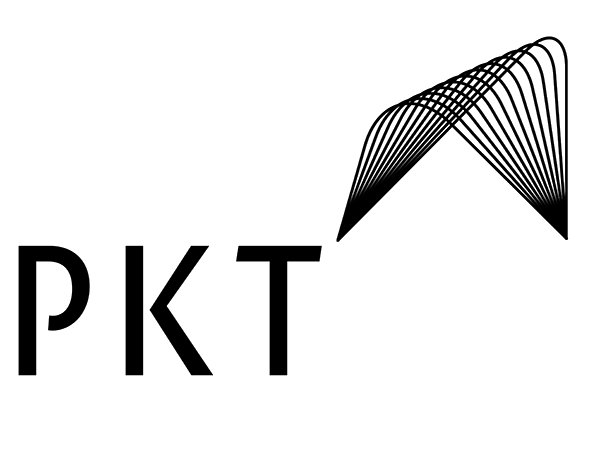
How to train your executives with AI.
It is no secret that AI is revolutionising the business landscape. By automating simple tasks and providing insights into data, AI is making businesses more efficient and profitable. But what about the executives? How can AI help them to become better leaders and more effective decision-makers?
In this blog post, we will explore three ways in which AI can help executives to improve their performance.
1. AI can help executives to better understand their employees.
One of the main challenges faced by executives is understanding their employees. This can be difficult, especially when there are a large number of employees and when they are spread across different locations.
AI can help executives to understand their employees better by providing insights into their behaviour and preferences. For example, AI can analyse employee data to identify trends and patterns. This can help executives to better understand what motivates their employees and how they can improve productivity.
2. AI can help executives to better understand their customers.
Another challenge faced by executives is understanding their customers. This can be difficult, especially when there are a large number of customers and when they are spread across different industries and geographical locations.
AI can help executives to understand their customers better by providing insights into their behaviour and preferences. For example, AI can analyse customer data to identify trends and patterns. This can help executives to better understand what motivates their customers and how they can improve customer retention.
3. AI can help executives to make better decisions.
One of the main challenges faced by executives is making effective decisions. This can be difficult, especially when there is a large amount of data to consider and when the options are complex and uncertain.
AI can help executives to make better decisions by providing insights into the data. For example, AI can identify patterns and trends in the data. This can help executives to better understand the options available to them and to make more informed decisions.
AI can help executives to become better leaders and more effective decision-makers. By providing insights into the data, AI can help executives to better understand their employees, their customers, and the options available to them. This can help executives to improve their performance and to make better decisions for their business.
Strategic Leadership
In order to be an effective leader, you need to be able to think strategically. However, this is something that can be difficult to learn and it can take years of practice to become good at it. Fortunately, there is now a way to help executives quickly and easily improve their strategic thinking skills, and that is with the help of AI.
AI is a great tool for learning because it can help executives to analyse large amounts of data quickly and effectively. By providing insights that would otherwise be difficult to see, AI can help executives to make better strategic decisions. Additionally, AI can also help executives to develop their intuition, which is another important skill for successful leaders.
So, if you are looking to improve your strategic thinking skills, or you are looking for a way to help your executives learn faster, then AI is the tool for you.
Organisational strategy
Artificial intelligence has already infiltrated our lives in more ways than we can count. From predictive text to digital assistants, AI is changing the way we communicate and interact with the world. But what about its role in the workplace?
AI is quickly becoming an important tool for executives and business owners looking to improve their organisational strategy. By automating repetitive or time-consuming tasks, AI can help you focus on the bigger picture and make better strategic decisions for your business.
Here are a few ways you can use AI to train your executives and improve your organisational strategy:
1. Automate routine tasks.
One of the best ways to use AI in the workplace is to automate routine tasks. This includes things like data entry, scheduling, and bookkeeping. By automating these tasks, you can free up your executives’ time to focus on more important things.
2. Provide tools for analysis.
Another way to use AI in the workplace is to provide tools for analysis. This includes things like predictive analytics and data mining. By analysing data, you can get a better understanding of your customers, your industry, and your competition.
3. Offer training and support.
Finally, don’t forget to offer training and support to your executives. AI can be a complex subject, and it’s important to make sure your executives are fully trained in how to use it. Offer tutorials, courses, and support services to help them get the most out of AI.
Talk to us about planning your next Board and Executive Education Retreat
Lean Develop and Progress with PKT Company Retreat




